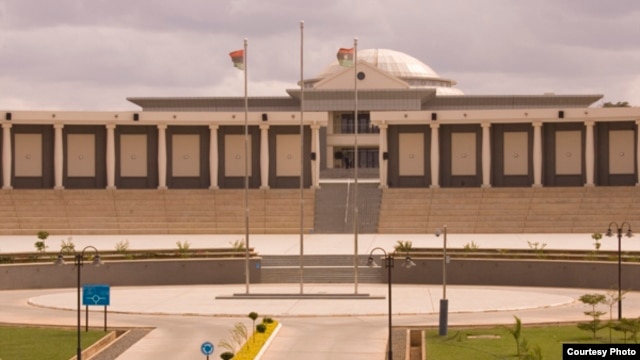
Malawi has been rocked by the biggest financial scandal in it's 50-year history. (What is now referred to as "cashgate").
BBC reports that "some government officials have allegedly been exploiting a loophole in the system to divert millions from government coffers".
"It is estimated that up to $250m (£150m) may have been lost through alleged fraudulent payments to businessmen for services that were not rendered".
Reports from the local media say that after an audit by managers of the financial system, it has been revealed that records of some transactions carried out between July and September 2013 were deleted.
Just days before, a junior civil servant was allegedly found with bales of cash totalling more than $300,000 in the boot of his car.
More cash was confiscated from some civil servants' homes and car boots.
7Angered by the recent developments, donors have withheld $150m pending further investigation into the scandal.
Being one of the poorest countries in the world, Malawi depends on funding from donors for about 40% of it's annual budget.
Malawi's Director of Public Prosecutions, Bruno Kalemba is quoted by the BBC as saying: "People have to be afraid of government money. In a country like ours, the needs are enormous and to imagine that just a few people were able to get their hands on this much money is quite discomforting and unpatriotic."
Some people have accused the president of involvement in the "cashgate" scandal claiming that her party was trying to raise funds for campaign ahead of the country's election in May.
The Presidency however dismissed the allegation describing it as "scandalous and baseless".
Many high-profile figures in the ruling party including: Ralph Kasambala (the recently sacked Justice Minister who is also accused of attempted murder of the former budget director).
President Banda has suggested that the looting may have started as far back as 2010 following a directive by the former president that banks should honour all government cheques without asking questions.
No comments:
Post a Comment